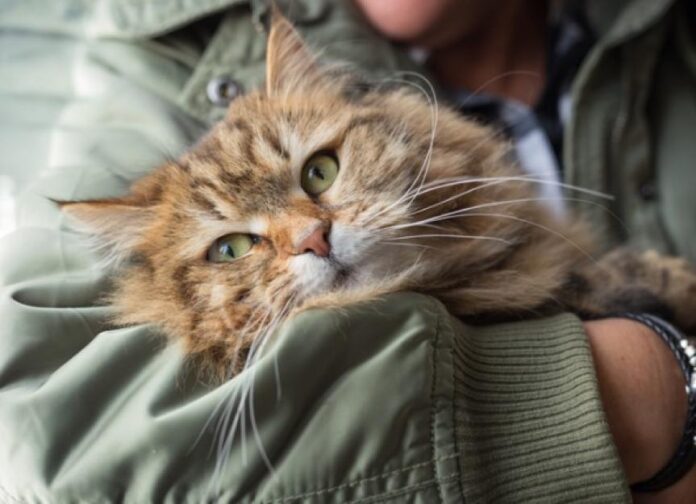Understanding Natural and Holistic Cat Food: A Comprehensive Guide for Pet Parents
Cat food labels are often filled with visually appealing images and alluring words, which can make choosing the right food for your feline friend overwhelming. To navigate the complexities of pet nutrition, it’s crucial to understand the meanings behind terms like “natural” and “holistic” in cat food labels. This guide will clarify these terms and help you make informed choices for your pet’s diet.
What Is Natural Cat Food?
In the United States, the term “natural” is defined by the Association of American Feed Control Officials (AAFCO). According to AAFCO, natural pet food must be:
A feed or feed ingredient derived solely from plant, animal, or mined sources, either in its unprocessed state or having been subject to physical processing, heat processing, rendering, purification, extraction, hydrolysis, enzymolysis, or fermentation, but not having been produced by or subject to a chemically synthetic process and not containing any additives or processing aids that are chemically synthetic except in amounts as might occur in good manufacturing practices.
When a cat food label states “natural,” it applies to the product as a whole or specific ingredients, such as “natural salmon.” A product labeled as “100% natural” must have natural ingredients, excluding only necessary vitamins and minerals for nutritional completeness.
Comparing Natural and Regular Cat Foods
To illustrate the difference between natural and conventional cat food, consider the following examples of canned salmon cat food:
- Natural Salmon Canned Cat Food: Salmon, liver, chicken, poultry broth, natural flavors, minerals, guar gum, taurine, salt, choline chloride, vitamins.
- Regular Salmon Canned Cat Food: Salmon, meat by-products, liver, poultry broth, fish, artificial and natural flavors, color additives, guar gum, minerals, salt, taurine, sodium nitrite.
By opting for the natural salmon cat food, you can avoid feeding your pet artificial ingredients, flavors, and preservatives.
What Ingredients Are Typically Found in Natural Cat Food?
Natural cat food may contain a variety of ingredients that comply with AAFCO guidelines, including:
- Different types of meat (e.g., chicken, beef, fish)
- Carbohydrates
- Fats
- Natural preservatives such as mixed tocopherols
Certain synthetic ingredients should not be present in natural cat foods, including:
- Propylene glycol
- Calcium ascorbate
- Butylated hydroxyanisole (BHA)
- Butylated hydroxytoluene (BHT)
- Artificial flavors and colors
What Is Holistic Cat Food?
In contrast to “natural,” the term “holistic” lacks regulatory definition in pet food. While it suggests a focus on good nutrition and overall health, manufacturers can use this term without strict guidelines regarding ingredient quality or nutritional value.
What Ingredients Are Commonly Found in Holistic Cat Food?
Holistic cat foods may contain various ingredients, including those absent from natural diets. This could encompass artificial flavors, colors, and preservatives. Always review the ingredient list before purchasing holistic cat food to ensure it meets your expectations for nutritional quality.
Is Natural or Holistic Cat Food the Better Choice?
Natural cat foods generally avoid certain controversial ingredients and artificial compounds. Although holistic foods may contain these extras, research on their potential health impacts on cats is limited. The primary concern when choosing between these options is usually cost. Natural cat food may be more expensive, but it could offer peace of mind regarding your cat’s nutrition.
Ensuring Complete and Balanced Nutrition
Regardless of whether you choose natural or holistic cat food, the labels “natural” and “holistic” do not guarantee comprehensive nutritional completeness. Always look for an AAFCO statement on the packaging indicating that the food is:
- Formulated to meet AAFCO nutrient profiles for various life stages.
- Proven through AAFCO feeding tests to provide complete nutrition.
If you have questions about the best diet for your cat, consult your veterinarian. Together, you can explore the optimal nutrition options tailored to support your cat’s health and well-being.
For more information about pet food ingredients, visit our pet food ingredient glossary.
Featured image: iStock.com/marieclaudelemay











